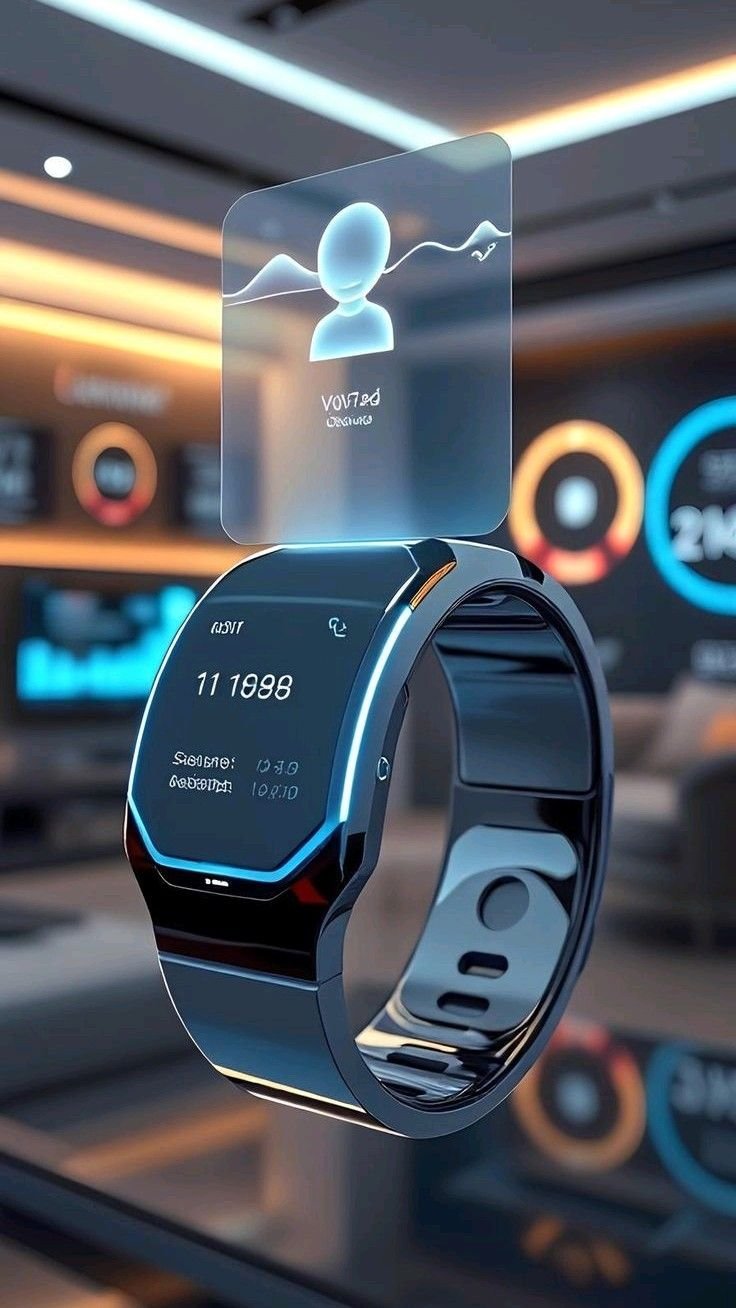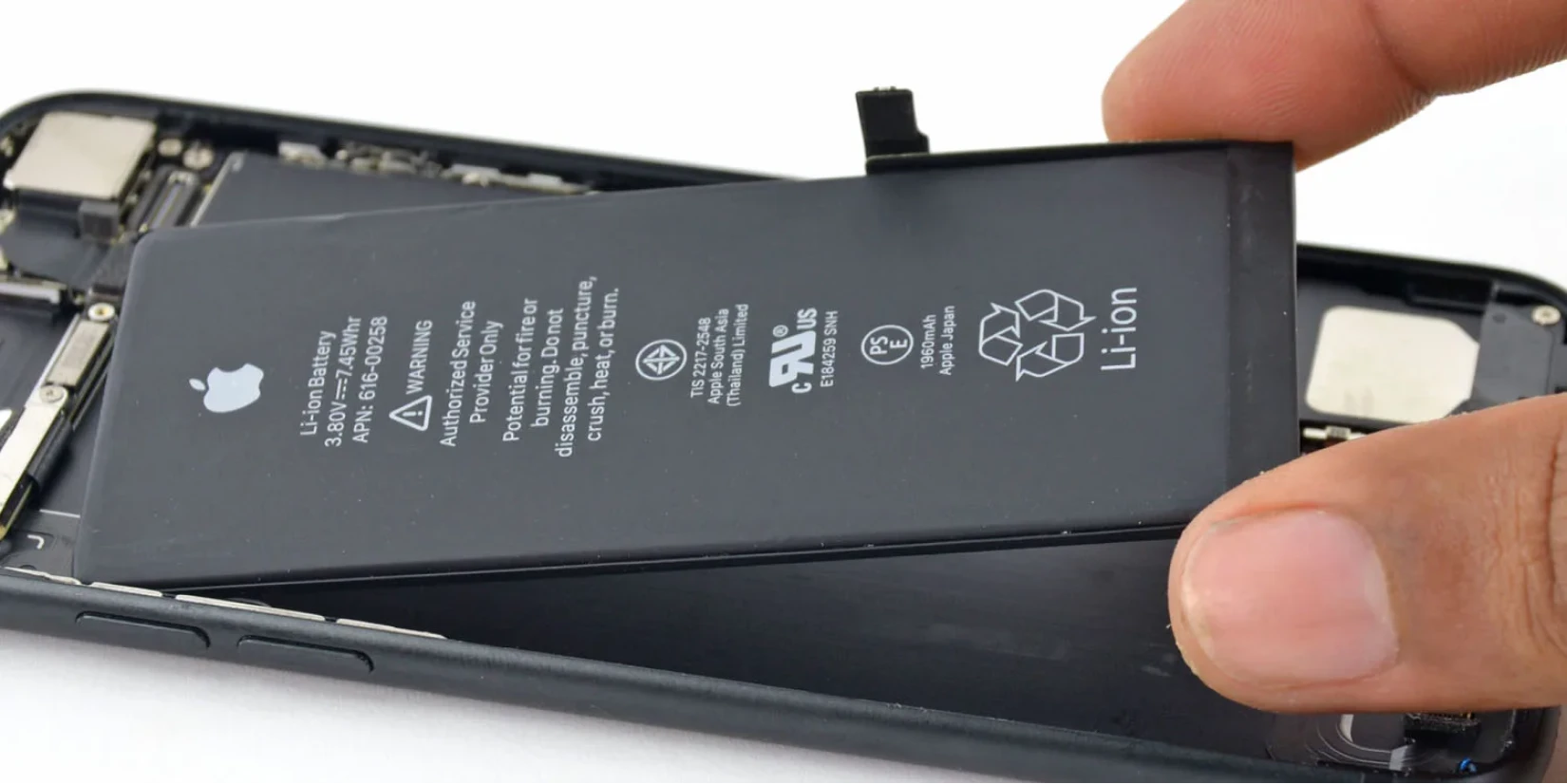As we move further into the 21st century, technology continues to evolve at an unprecedented pace. In 2025, technological advancements are set to reshape industries, economies, and daily lives. From artificial intelligence to the expansion of the Internet of Things (IoT), staying ahead of these trends is crucial for businesses and individuals alike. In this article, we’ll explore the top technology trends to watch in 2025 and how they will impact the future.
1. Artificial Intelligence (AI) and Machine Learning Advancements
Artificial Intelligence and machine learning are poised to take a leap forward in 2025. These technologies are already driving efficiencies across various sectors, but in the coming years, their capabilities will expand significantly.
- Key Developments: AI and ML are being integrated into business operations to optimize everything from supply chain management to customer service. In 2025, expect more sophisticated algorithms capable of predictive analysis, automation of creative tasks, and hyper-personalized customer experiences.
- Why It Matters: AI-driven solutions are already improving business productivity and customer satisfaction. As these technologies evolve, companies that embrace them will see a competitive edge, increased efficiency, and better decision-making capabilities.
2. 5G Connectivity and the Rise of the Hyperconnected World
The rollout of 5G networks is one of the most anticipated developments in technology. By 2025, the widespread adoption of 5G will facilitate faster internet speeds, lower latency, and more reliable connections, paving the way for new applications and experiences.
- Key Developments: 5G is expected to revolutionize industries like healthcare, automotive, and manufacturing by enabling real-time data sharing, remote operations, and advanced communication systems. The advent of 5G will also support innovations such as augmented reality (AR) and virtual reality (VR), which require high bandwidth.
- Why It Matters: With 5G, businesses will be able to deliver faster, more reliable services to customers. For consumers, 5G will unlock a new wave of smart devices, IoT solutions, and immersive digital experiences, transforming daily life and business operations.
3. Quantum Computing: Accelerating Breakthroughs
Quantum computing is still in its early stages, but by 2025, this revolutionary technology will begin to make a more significant impact. Unlike classical computers, quantum computers leverage quantum bits (qubits) to perform complex calculations at speeds unimaginable with current technology.
- Key Developments: Quantum computing has the potential to solve problems related to cryptography, drug development, and complex systems simulation. Tech giants like IBM and Google are making significant strides toward building commercially viable quantum computers.
- Why It Matters: Quantum computing will enable breakthroughs in fields such as medicine, logistics, and cybersecurity, leading to innovations that were once thought impossible. For businesses, adopting quantum computing could provide a significant competitive advantage in data analysis and predictive modeling.
4. Blockchain and Decentralized Technologies
Blockchain technology, initially popularized by cryptocurrencies, is evolving beyond its financial roots. By 2025, blockchain will be widely used for secure, transparent transactions across various sectors, including supply chains, healthcare, and governance.
- Key Developments: Blockchain is expected to disrupt industries by providing secure, immutable digital records. Decentralized finance (DeFi) and non-fungible tokens (NFTs) will continue to grow, while blockchain’s application in tracking supply chain transparency and ensuring data privacy will expand.
- Why It Matters: Blockchain offers significant advantages in security, transparency, and trust, which are crucial for sectors like finance and healthcare. Companies that integrate blockchain into their operations can streamline processes, reduce fraud, and ensure greater accountability.
5. The Internet of Things (IoT) and Smart Cities
The Internet of Things (IoT) is expected to experience explosive growth by 2025, with billions of connected devices coming online. These devices will enable smarter homes, more efficient businesses, and safer cities, creating an interconnected ecosystem that relies on real-time data.
- Key Developments: IoT devices will become more integrated into urban infrastructure, creating “smart cities” with advanced traffic management, energy-efficient buildings, and enhanced public safety systems. Additionally, IoT will help industries optimize supply chains, manufacturing processes, and even predictive maintenance for machines.
- Why It Matters: IoT is set to revolutionize both personal and business environments by enabling real-time monitoring and automation. For businesses, IoT offers enhanced efficiency, improved decision-making, and the ability to deliver personalized services.
6. Augmented Reality (AR) and Virtual Reality (VR)
Augmented Reality (AR) and Virtual Reality (VR) are expected to become mainstream in 2025. While these technologies have already made a mark in gaming and entertainment, their applications will expand to education, healthcare, retail, and remote work.
- Key Developments: In 2025, AR and VR will be widely used for immersive training experiences, virtual showrooms, telemedicine, and remote collaboration. For instance, VR will be used for hands-on training simulations, while AR will enhance customer shopping experiences by allowing them to visualize products in their own environments.
- Why It Matters: AR and VR offer transformative possibilities for both businesses and consumers. They enhance user experiences, improve engagement, and open up new ways of interacting with content, providing businesses with unique opportunities to innovate.
7. Edge Computing: Powering Real-Time Data Processing
Edge computing, the practice of processing data closer to where it’s generated, is expected to play a critical role in 2025. With the proliferation of IoT devices and the need for real-time data processing, edge computing will become essential for reducing latency and improving performance.
- Key Developments: Edge computing will complement cloud computing by processing data locally on devices such as sensors, cameras, and industrial machines. This will enable faster decision-making and reduce bandwidth usage, especially in industries such as healthcare, automotive, and manufacturing.
- Why It Matters: Edge computing allows businesses to process large volumes of data in real time, improving responsiveness and operational efficiency. It will be crucial for applications like autonomous vehicles, smart factories, and remote healthcare, where milliseconds matter.
8. Cybersecurity and Privacy Innovations
As technology evolves, so do the threats to data privacy and security. In 2025, businesses and consumers will demand more sophisticated cybersecurity solutions that protect against growing threats such as data breaches, ransomware attacks, and cyber espionage.
- Key Developments: Innovations in cybersecurity, such as AI-driven threat detection and zero-trust architectures, will enhance defenses against attacks. Privacy-enhancing technologies (PETs) will also play a bigger role in safeguarding personal data in an increasingly digital world.
- Why It Matters: As businesses handle more sensitive data, ensuring strong cybersecurity practices is vital. With increased reliance on cloud computing, IoT, and other technologies, privacy and security measures will need to keep pace to protect against growing cyber threats.
9. Sustainable Tech and Green Innovations
In 2025, sustainability will be a central theme in the technology space. From green energy solutions to eco-friendly gadgets, businesses and consumers alike will focus on reducing their environmental footprint through technology.
- Key Developments: The adoption of clean energy technologies like solar and wind power is expected to increase, as well as innovations in sustainable manufacturing processes. Businesses will also invest in energy-efficient technologies and carbon footprint tracking tools.
- Why It Matters: Green technology solutions will help businesses reduce their environmental impact while offering a competitive edge in a market that increasingly values sustainability. Additionally, consumers will continue to choose brands that prioritize sustainability and eco-conscious practices.
10. Human Augmentation and Biotechnology
Advances in biotechnology and human augmentation are set to change how we approach healthcare, fitness, and even cognitive enhancement by 2025. From wearable devices to genetic engineering, the fusion of technology and biology is expanding rapidly.
- Key Developments: Wearable devices that monitor health metrics in real time, such as heart rate or glucose levels, will become more sophisticated. Moreover, advances in genetic editing technologies like CRISPR will pave the way for treatments targeting genetic diseases.
- Why It Matters: Human augmentation technologies will enhance human capabilities, from improved health monitoring to cognitive enhancement. These innovations will revolutionize healthcare, improve quality of life, and extend human longevity.
Conclusion
The future of technology in 2025 promises transformative advancements that will reshape how we live and work. From AI and quantum computing to the rise of smart cities and human augmentation, the possibilities are vast and exciting. Businesses that stay ahead of these trends will be positioned for success, while individuals who embrace these innovations will have new tools to enhance their daily lives. By keeping an eye on these technological trends and preparing for the changes they bring, you can be part of the next wave of innovation.







